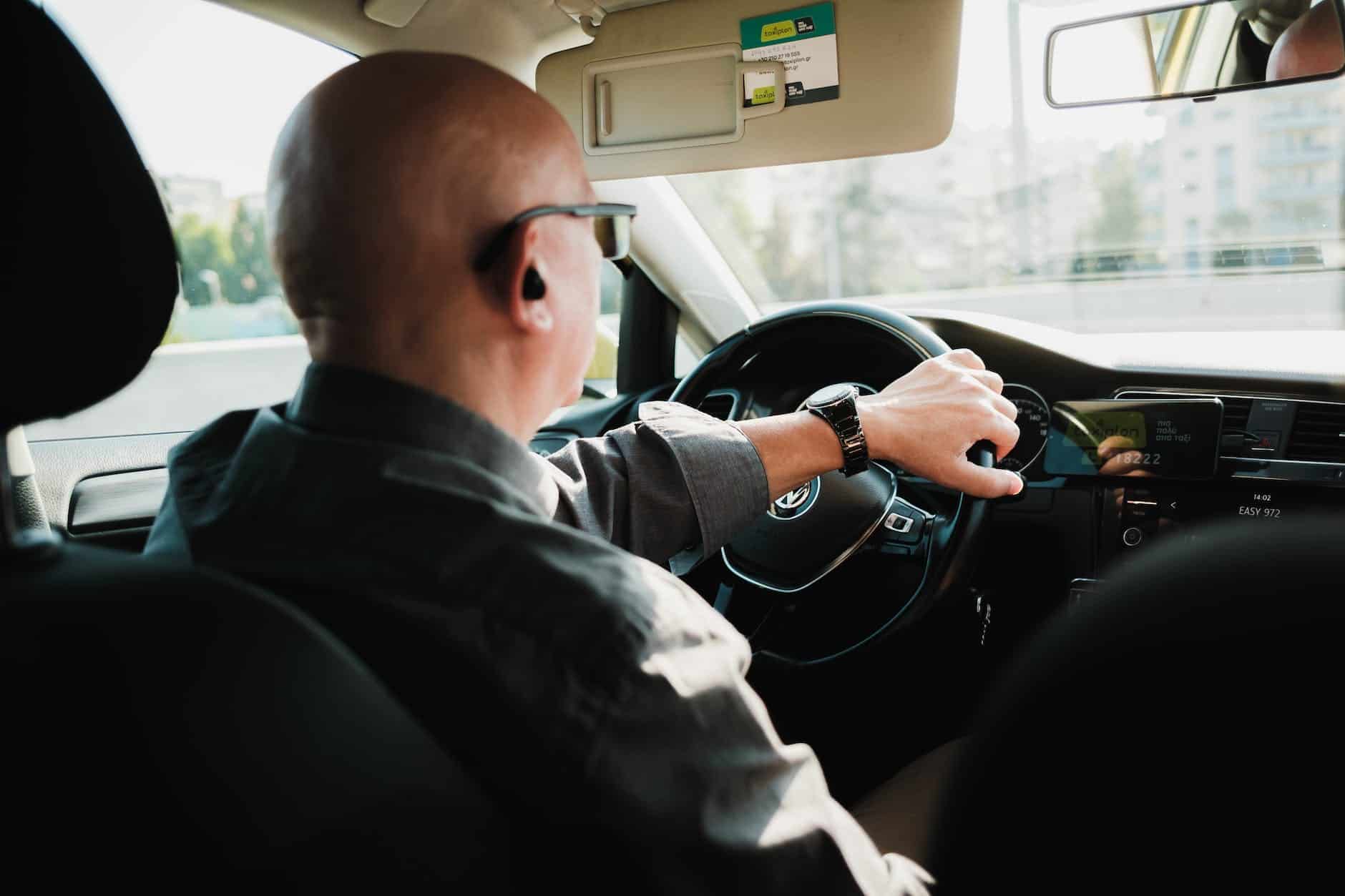On 22 March 2023, the Federal Tribunal, Switzerland’s highest court, decided that Uber drivers are employees and the companies that employ them must deduct and pay social security taxes, according to a press release. The decision concerns drivers for UberX, UberBlack, UberVan and UberPop working for Uber B.V. and Rasier Operations B.V. and the money paid to them in 2014. Photo by Airam Dato-on on Pexels.comIn 2019, Zurich’s compensation fund decided drivers working for Uber Switzerland GmbH were employees and their pay was subject to regular social security taxes payable by the company employing them. However, a year later this decision was overturned by Zurich’s social security tribunal and then the Federal Tribunal. However, in 2021, the question was revisited when Zurich’s social
Topics:
Investec considers the following as important: Business & Economy, Editor's Choice, Personal finance, Politics, Uber drivers Switzerland
This could be interesting, too:
Investec writes The global brands artificially inflating their prices on Swiss versions of their websites
Investec writes Swiss car insurance premiums going up in 2025
Investec writes The Swiss houses that must be demolished
Investec writes Swiss rent cuts possible following fall in reference rate
On 22 March 2023, the Federal Tribunal, Switzerland’s highest court, decided that Uber drivers are employees and the companies that employ them must deduct and pay social security taxes, according to a press release. The decision concerns drivers for UberX, UberBlack, UberVan and UberPop working for Uber B.V. and Rasier Operations B.V. and the money paid to them in 2014.

In 2019, Zurich’s compensation fund decided drivers working for Uber Switzerland GmbH were employees and their pay was subject to regular social security taxes payable by the company employing them. However, a year later this decision was overturned by Zurich’s social security tribunal and then the Federal Tribunal.
However, in 2021, the question was revisited when Zurich’s social security tribunal sent a file to the compensation fund regarding Uber drivers engaged by the two Dutch companies Uber B.V. and Rasier Operations B.V.. The case was then sent to the Federal Tribunal and this week it announced it was on the side of the compensation fund, deeming the relationship between drivers and the companies as one of employer and employee. In deciding it argued the drivers were subordinate in the reporting relationship and bore effectively no economic risk.
The ruling means the two Dutch companies will now need to deduct and pay social security taxes for their drivers in Zurich as it would if they were employees for 2014.
Last year, the Federal Tribunal confirmed a similar decision by Geneva’s court of justice that decided the relationship between drivers and Uber B.V. was an employment relationship.
In response to this week’s decision, Uber underlined that the decision relates to 2014 and does not take into account the fact that the vast majority of drivers in Switzerland would like to remain self-employed, reported RTS. In addition the company said that Uber has changed its model to increase the autonomy and decision freedom of the drivers using its application. A spokesperson also said that it had already paid social security taxes for 2014 and payments for 2015 to 2019 were still open to discussion.
More on this:
RTS article (in French) – Take a 5 minute French test now
For more stories like this on Switzerland follow us on Facebook and Twitter.
